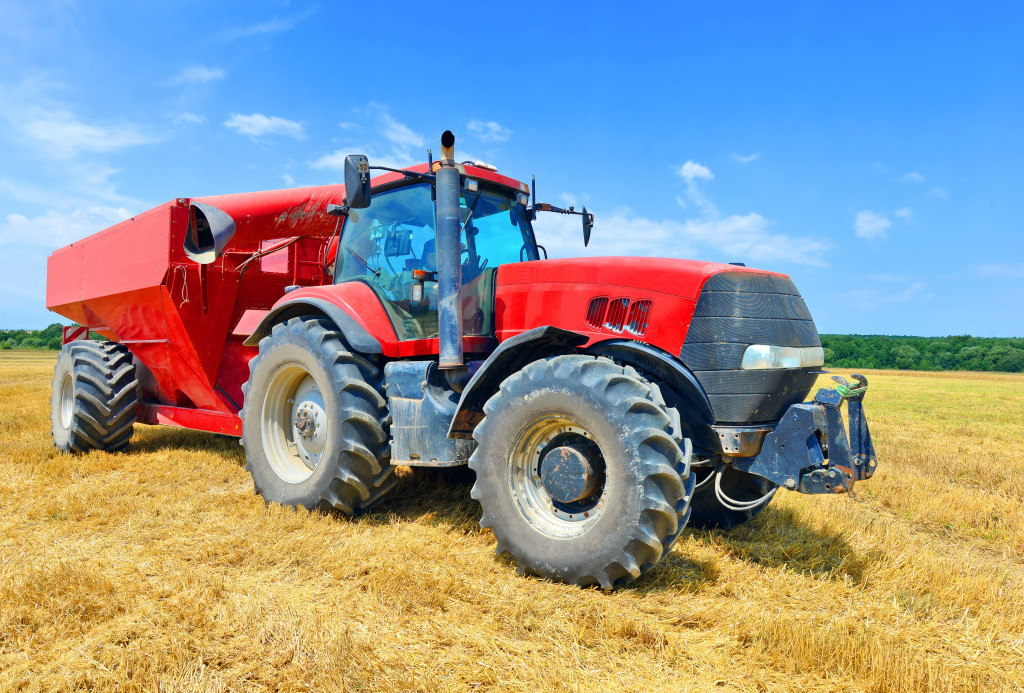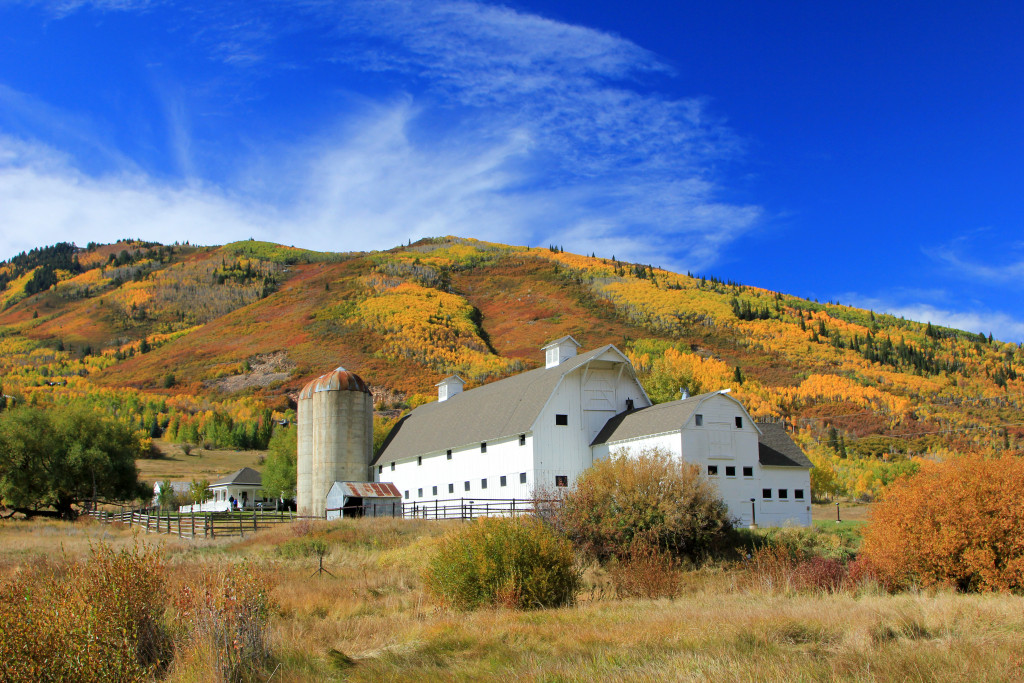The agricultural sector in the United States is a critical part of the economy. Agricultural products account for significant exports, and the industry supports many jobs.
The United States has a long history in agriculture, and the sector has evolved to meet the country’s needs. The industry is worth about a trillion dollars, and farms take up a decent chunk of the revenues.
There are about two million farms in the country. Each farm is different, but there are some essential elements that all successful farms have in common. If you’re thinking about starting a farm, or if you’re already running one, make sure you have these five things:
Transportation
One of the most crucial things you’ll need if you want your farm to be successful is a way to transport your goods. You’ll need to be able to get your products to market, and you’ll need to be able to move them around your farm.
You’ll need a way to transport your animals, too. If you’re raising livestock, you’ll need to be able to get them to the slaughterhouse or the dairy. And if you’re growing crops, you’ll need a way to get them to the processing plant.
The best way to transport your goods is by truck. A pick-up truck should do as it has the horsepower for heavy lifting. Also, consider having a cargo trailer with you. The trailer can help transport goods from one place to the other. It can also be customized to carry farm animals.
The Ford F-150 is a good choice when it comes to pick-up trucks. It costs around $28,000. As for the cargo trailer, there are a lot of options. You can find one that’s big enough to carry your animals or one that’s smaller and more affordable if you’re only hauling vegetables and other produce.
A tractor is also a good investment as it can help you with various tasks on the farm, such as plowing your fields, moving heavy equipment, and hauling loads of hay. John Deere is a famous brand when it comes to tractors. Their models start at around $90,000.

Land
Another essential element for a successful farm is land. Of course, you can’t have a farm without land. The amount of land you need will depend on the type of farm you want to have.
If you’re planning on raising livestock, you’ll need enough land to pasture your animals. You’ll also need to build pens and barns for them. If you’re growing crops, you’ll need enough land to plant and store your equipment.
The average farm in the United States is about 400 acres. But, some farms are much larger and smaller than that. It all depends on your needs.
When purchasing land, make sure that it has fertile soil. The soil quality on your farm will significantly impact your crops and animals.
If you want to grow healthy crops, you must ensure your soil is rich in nutrients. That means you need to add organic matter to it. You can do this by composting or by using manure.
You also need to make sure your soil has the right pH level. The ideal pH level for most plants is between 6 and 7. If your soil is too acidic or alkaline, your plants will struggle to grow.
You can test the quality of your soil yourself, or you can hire a professional to do it for you. Either way, it’s essential to know what you’re working with.
Water
Another essential element for a successful farm is water. Water is vital for all life and is especially important for agriculture. Crops need water to grow, and animals need water to drink.
You’ll need to have a reliable source of water for your farm. That could be a well, a river, or a reservoir. You’ll also need to have a way to store water and irrigate your crops.
You’ll need to ensure your animals have water access, too. If you’re raising livestock, you’ll need to build a watering system for them. You can do that by digging a trench and installing pipes. Then, you can connect the pipes to a water source. You’ll also need to think about drainage. Your farm needs to have a way to drain excess water. Otherwise, your crops will drown, and your animals will get sick.
A successful farm requires only three essential elements. By having these elements, you should be able to create a thriving business. From here on, you just have to invest in equipment and manpower, and you should be good to go.
